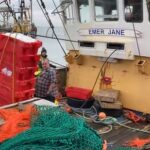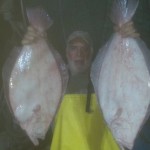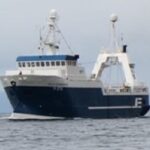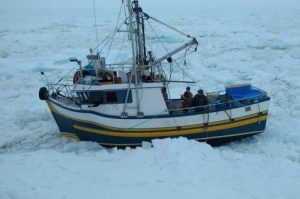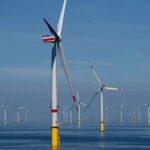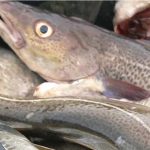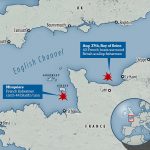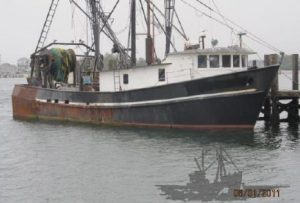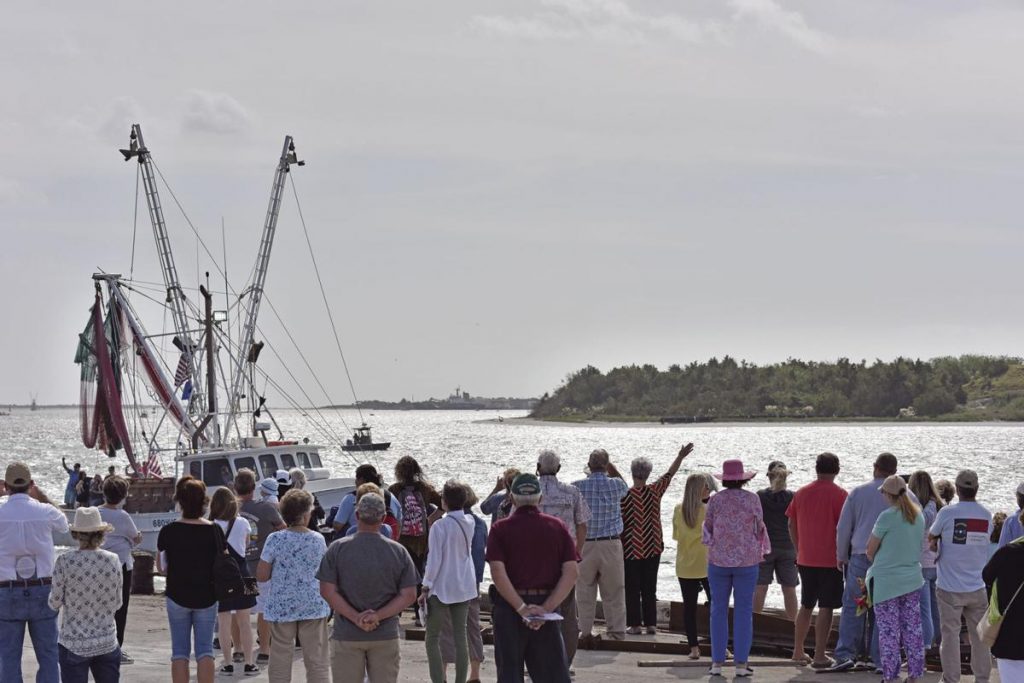Tag Archives: Lobster larvae

Warning of ‘environmental devastation’ of offshore wind farms
A campaign group has accused the offshore wind industry of creating “environmental devastation”, and claimed that the impact will become greater as more projects are developed. Scotland Against Spin took issue with a Scottish Government survey which found that a majority of people approve of offshore wind farms. Those living in coastal areas cited the economic benefits of offshore, according to the study, while the effects on tourism “could be minimal”. Industry body Scottish Renewables said the findings indicated that most members of the public recognise the social and economic importance of the offshore wind sector. However, Scotland Against Spin chairman Graham Lang maintained that offshore developments are posing a threat to seabirds, including puffins and kittiwakes, and to fish species such as haddock, cod and mackerel. >click to read< 20:19
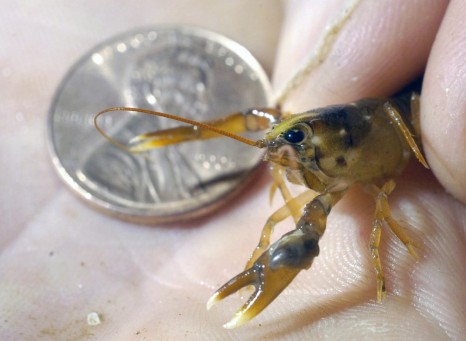
A mystery is born: Where are all the baby lobsters?
Biologists and lobstermen are growing increasingly worried that the state’s most valuable fishery, which in recent years has boasted record volume and value and accounts for more than 80 percent of Maine’s fishing profit, is about to go bust, a doomsday economic scenario some call the curse of the “gilded trap.” At the center of their concern: The number of baby lobsters found in the Gulf of Maine continues to fall. “We call it the great disconnect,” said Joshua Carloni, New Hampshire’s state lobster biologist. “And as you can imagine, it has us concerned.”,,, The Seabrook tows found a decline in copepods – tiny planktonic crustaceans that are most likely a staple of the lobster larval diet click here to read the story 08:14
Fish in the Northwest Atlantic Are Going Hungry – New Science From Maine’s Department of Marine Resources Helps To Explain Why. click here to read the article
Lobster larvae settlement index shows highs and lows
 Scientists and researchers in both Canada and the U.S. are developing a lobster larvae settlement index that could predict “what’s coming down the pipe” for the commercial lobster fishery as far as stocks go. At the University of Maine, Richard Wahle, research associate professor of Marine science, has been studying the America lobster for close to 30 years, collaborating with researchers all along the eastern seaboard to “develop predictive tools for population trends through an understanding of larval transport, settlement and post-settlement processes.” Read the rest here 10:38
Scientists and researchers in both Canada and the U.S. are developing a lobster larvae settlement index that could predict “what’s coming down the pipe” for the commercial lobster fishery as far as stocks go. At the University of Maine, Richard Wahle, research associate professor of Marine science, has been studying the America lobster for close to 30 years, collaborating with researchers all along the eastern seaboard to “develop predictive tools for population trends through an understanding of larval transport, settlement and post-settlement processes.” Read the rest here 10:38


































